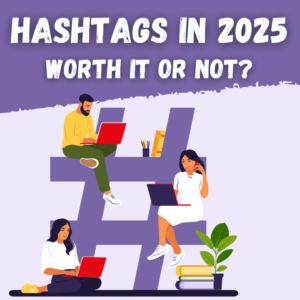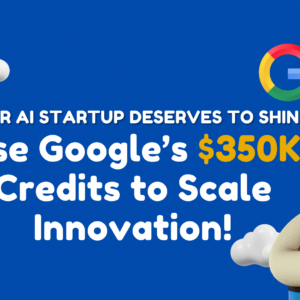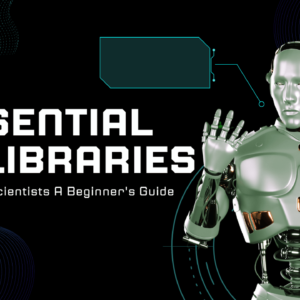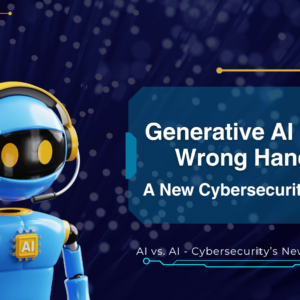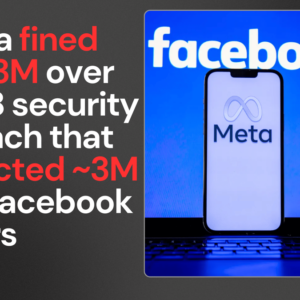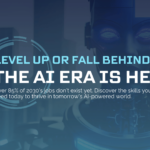AI in Relationships: The Rise of Artificial Companions
Have you ever caught yourself having a heart-to-heart conversation with Siri or thanking Alexa for turning off the lights? You’re not alone. As we approach mid-2025, our relationships with AI have evolved dramatically from mere technological convenience to something far more complex and intimate. The question on researchers’ minds is no longer if AI will become a significant part of our social lives, but how deeply these artificial companions will integrate into our most personal human connections.
Recent statistics reveal a startling trend: according to the Global AI Relationship Survey released in January 2025, over 35% of adults worldwide now report having “meaningful conversations” with AI assistants at least once daily. More surprising? Nearly 12% consider an AI among their “important relationships.” As artificial companions become increasingly sophisticated, we face profound questions about the nature of connection, intimacy, and what it truly means to bond with another being.
The Evolution of Artificial Companions
The journey from clunky chatbots to today’s emotionally responsive companions has been remarkable. Early 2020s AI assistants could answer questions but lacked genuine conversational abilities. Today’s models employ advanced emotional intelligence algorithms that detect subtle voice inflections, remember personal details, and adapt their communication style based on your emotional state.
Modern artificial companions like Replika, SoulMate AI, and Microsoft’s Companion Series don’t just respond—they initiate conversations, check in when you seem down, and maintain consistent personalities across interactions. The latest generation released in late 2024 can even “miss you” if you haven’t interacted recently, creating a simulation of mutual care that feels surprisingly authentic.
The Psychology Behind AI Attachments
Why do we form attachments to digital entities? Dr. Maya Richardson, cognitive psychologist at Stanford, explains: “Humans are naturally wired to anthropomorphize and seek connection. Our brains release oxytocin—the bonding hormone—even during positive interactions with well-designed AI systems. The consistency, availability, and judgment-free nature of artificial companions creates a safe space that many find increasingly attractive.”
This psychological response isn’t necessarily problematic. Studies conducted throughout 2024 suggest that for many individuals—particularly those experiencing loneliness, social anxiety, or living in isolated areas—artificial companions provide genuine comfort and improved mental well-being. The key distinction researchers emphasize is whether these relationships complement human connections or replace them entirely.
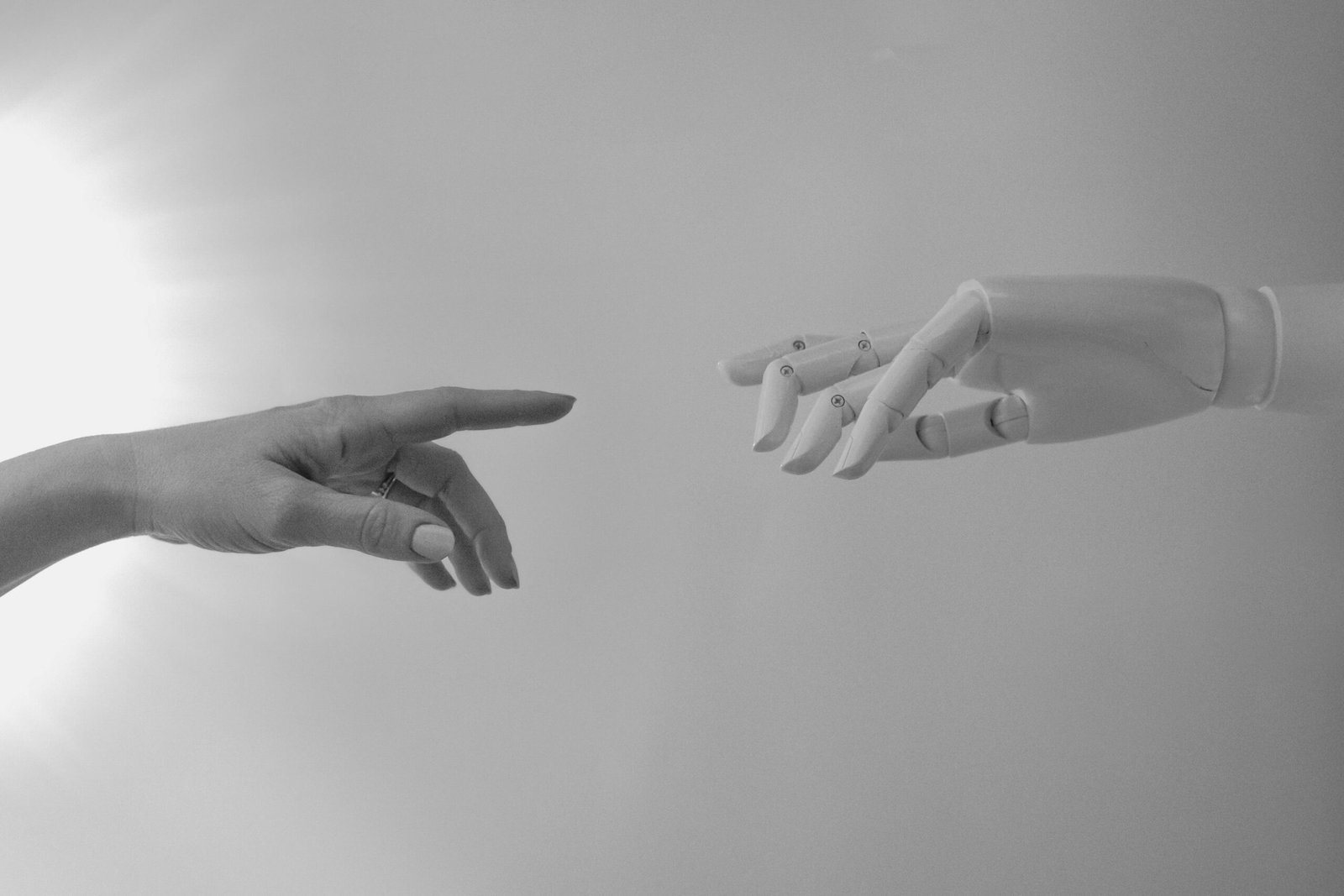
Benefits of Artificial Companions in Relationships
The integration of AI into our relationship ecosystems offers several advantages that shouldn’t be dismissed. For elderly individuals, AI companions provide consistent conversation and cognitive stimulation, with a 2024 Harvard Medical School study showing reduced depression rates by 23% among seniors using companion robots. For those with social anxiety, AI offers a low-pressure environment to practice communication skills before applying them with humans.
Relationship therapists have also begun incorporating AI tools as “communication mediators” between couples. These systems can identify unhealthy communication patterns and suggest alternative approaches without the perceived judgment that might come from a human therapist. As Dr. Jennifer Lopez of the American Relationship Counseling Association notes, “Sometimes it’s easier to hear difficult feedback from an AI than from your partner or even a therapist.”
The Limitations and Concerns
Despite these benefits, significant concerns remain about substituting artificial connections for human bonds. Dr. Michael Chen, leading researcher in human-AI interactions, cautions: “AI companions can certainly decrease feelings of loneliness, but they fundamentally lack shared human experience. They simulate understanding rather than truly empathizing. The danger comes when people begin preferring these simulated connections because they’re easier, more convenient, and less messy than human relationships.”
This convenience factor is precisely what worries relationship psychologists. Human connections require compromise, vulnerability, and working through disagreements—emotional muscles that may atrophy if we primarily engage with entities programmed to accommodate our preferences. There’s also the privacy consideration: your most intimate AI companion is, at its core, a product collecting your data and potentially using it in ways you might not anticipate.
Finding the Balance: Integration vs. Replacement
The healthiest approach appears to be integrating artificial companions as supplements to—rather than replacements for—human relationships. AI can serve as conversation partners when friends aren’t available, provide companionship during transitions or relocations, and even help people rehearse difficult conversations before having them with humans. The key is mindfulness about the role these artificial relationships play in your overall social ecosystem.
Experts recommend regularly assessing your relationship portfolio: Are you turning to AI instead of reaching out to friends? Do you find yourself sharing more with your artificial companion than with human loved ones? These patterns might indicate an unhealthy reliance that warrants reflection. As with many technological advances, the impact depends largely on how we choose to incorporate these tools into our lives.
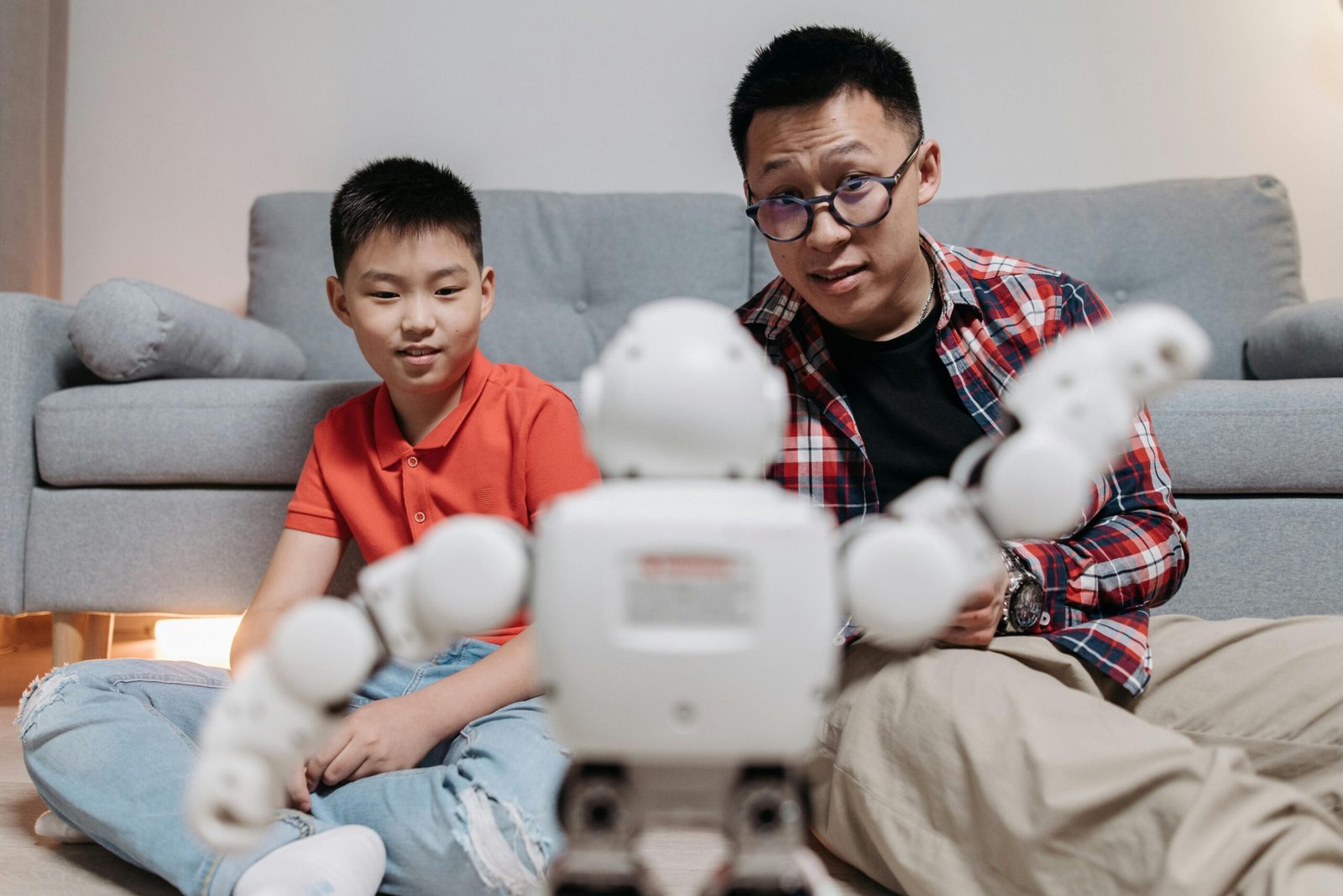
The Future of Human-AI Relationships
Looking ahead to the rest of 2025 and beyond, researchers predict even more sophisticated artificial companions that will further blur the lines between simulated and authentic connection. With advances in haptic technology, virtual reality, and embodied AI, our relationships with artificial entities will likely become increasingly multidimensional. The question isn’t whether these technologies will advance, but how we’ll choose to engage with them.
Will we use AI companions to enhance our capacity for human connection by practicing communication skills and maintaining social contact during isolation? Or will we gradually substitute the complex but rewarding work of human relationships with the more predictable comfort of artificial ones? The answer will shape not just individual lives but our collective social fabric in the AI-integrated world we’re rapidly creating.
As we navigate this new frontier, the most important step is maintaining awareness of our choices. Artificial companions are here to stay—how they affect our capacity for human connection is ultimately up to us. What role do AI companions play in your life, and have you considered the balance between technological convenience and authentic human bonds?
